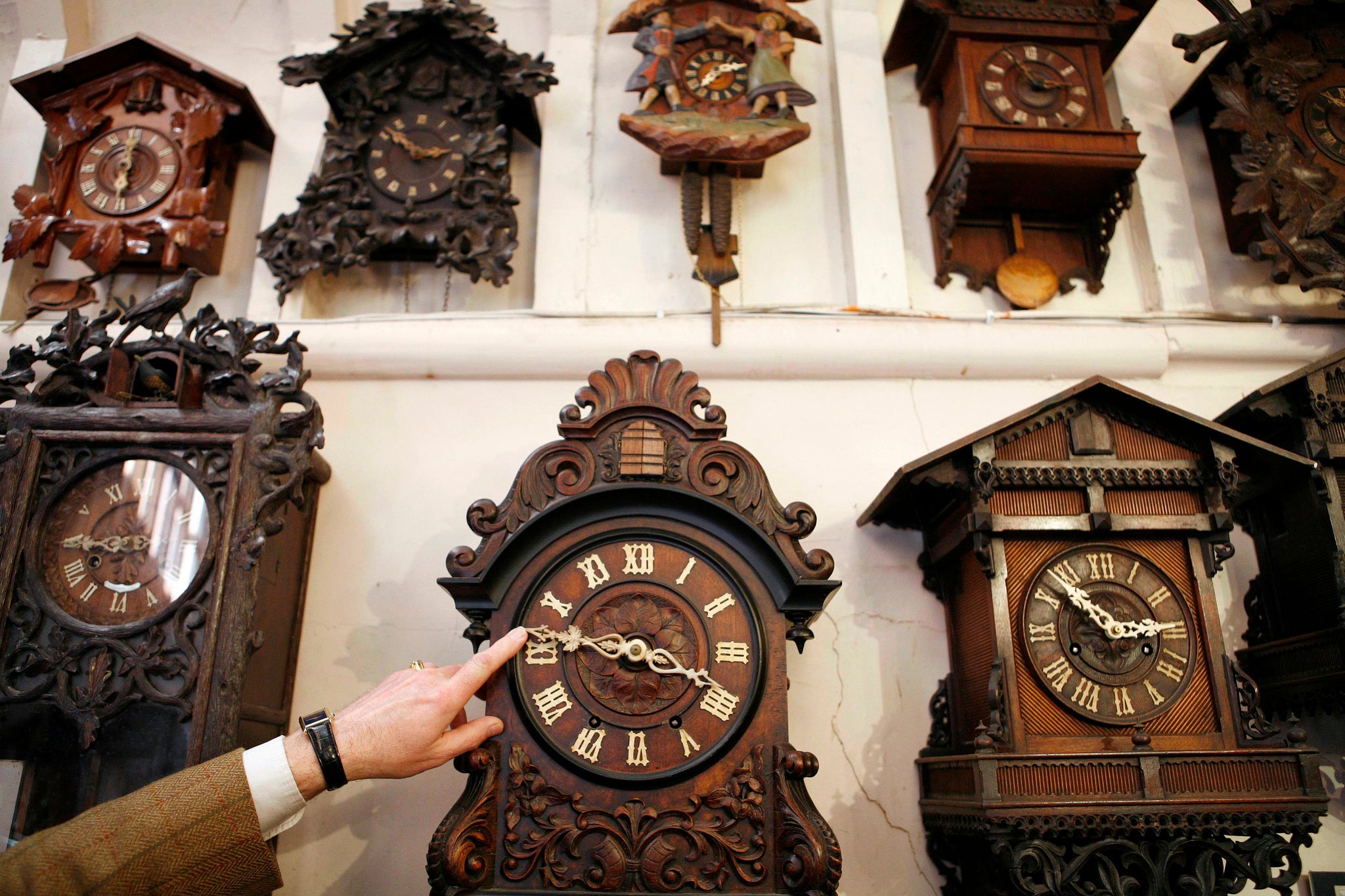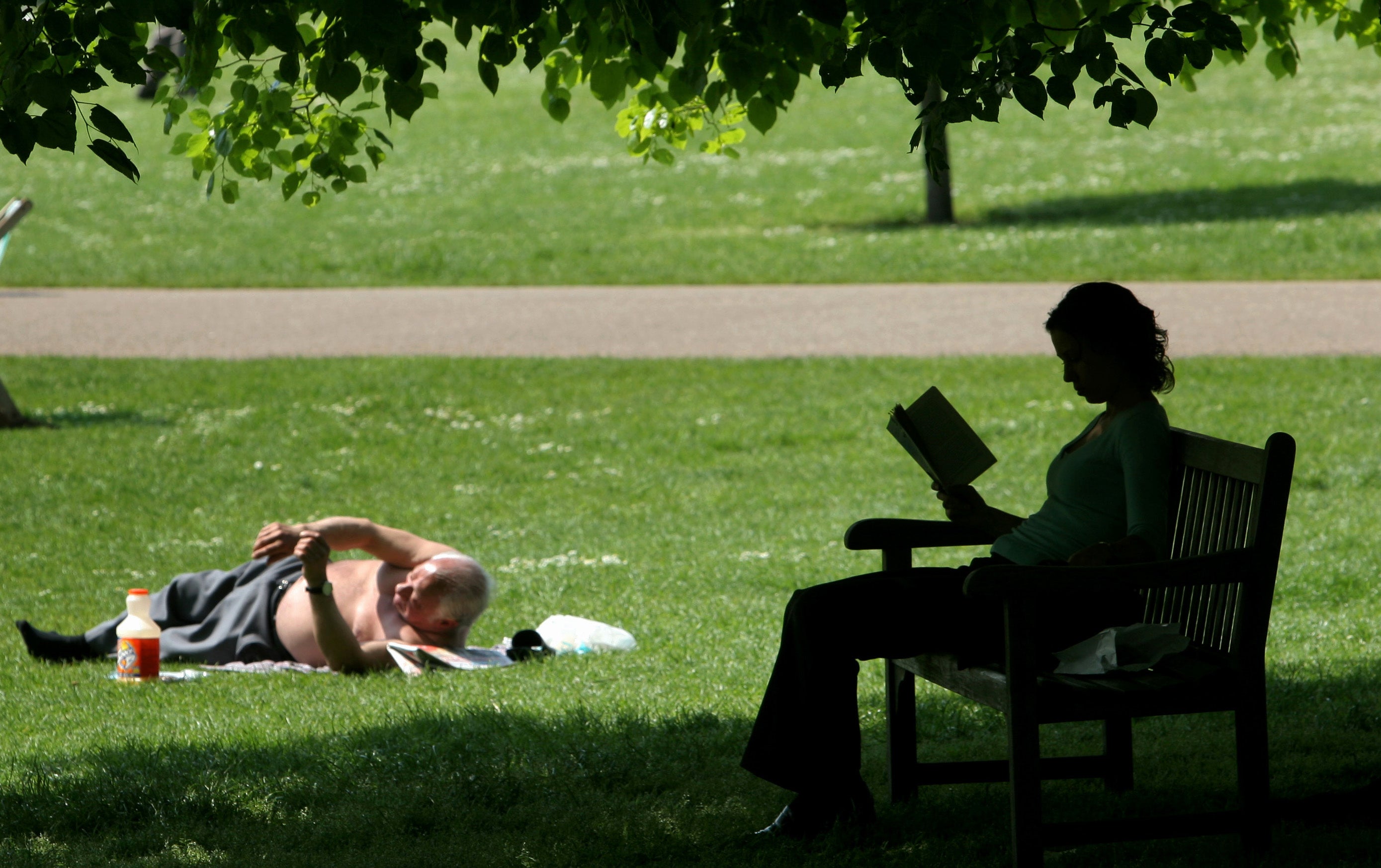When do the clocks change and does British Summer Time begin?
Yes, we're going to make you read the article to find out

It’s spring time, and apart from blooming daffodils and gambolling lambs this means one thing: the low-level hum of worry as the general population tries to remember when the damn clocks change.
So, to save all that mental wear and tear, here goes nothing: the clocks will go forward one hour on March 30th, a Sunday that also happens to be Mother’s Day. British Summer Time always begins on the last Sunday of March and ends on the last Sunday of October.
So, in the wee hours of the morning of March 30th, when it hits one AM the clocks will leap forward to two AM instead. This means you're losing an hour’s worth of sleep, but your evenings will also be lighter. And if you’re the extra-conscientious type then you might also want to know that the clocks will go back on 26th October this year.
If you struggle to remember when these changes take place then you can borrow the American phrase of “spring forward, fall back” – although the English translation (‘autumn back’) does leave a little to be desired.

Daylight saving time (no plural – it’s not savings) began in the UK at the beginning of the 20 century, with the first day of British Summer Time taking place on 21 May 1916. Since then we’ve experimented with permanent summer time (always one hour ahead of Greenwich Mean Time) and even double summer time (always two hours ahead).
The arguments in favour of daylight saving time are that it saves energy (because people are using electricity less) and that it promotes more activity in the evening (good for general fitness, and good for businesses).
Others argue that changing clocks twice a year is just an annoying throwback. Unfortunately it seems that farmers – one of the groups daylight saving is supposed to help – are among the most vocal opponents, as they must rise with the sun whatever the clocks say, and daylight saving messes up their schedules.
Fortunately, with the majority of us using our smartphones and computers to keep a track of the time all these changes will happen automatically. We would say this means it’s nothing to lose sleep over – but you certainly will be, if only by an hour.
Join our commenting forum
Join thought-provoking conversations, follow other Independent readers and see their replies
0Comments